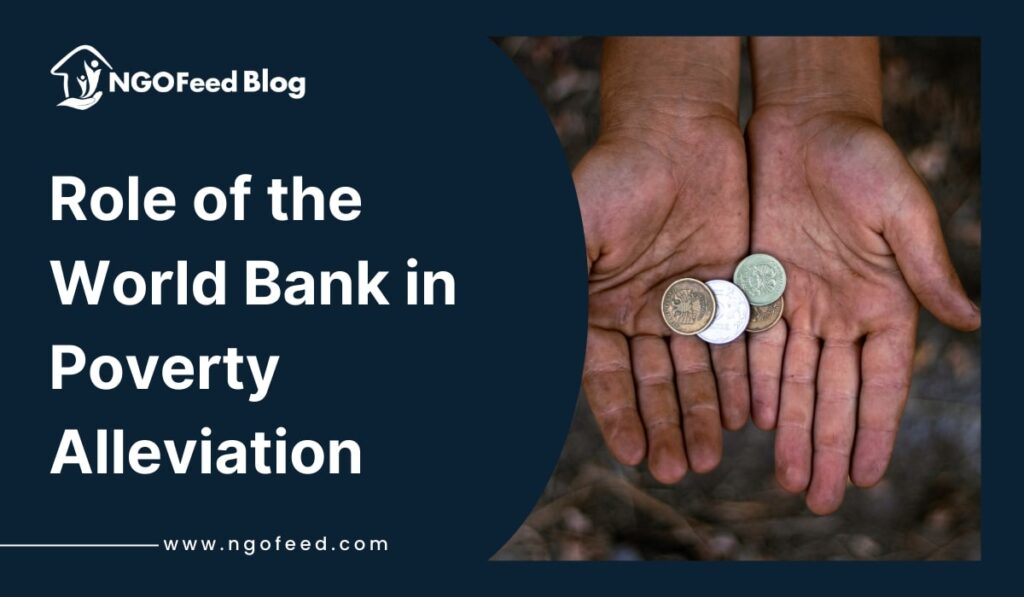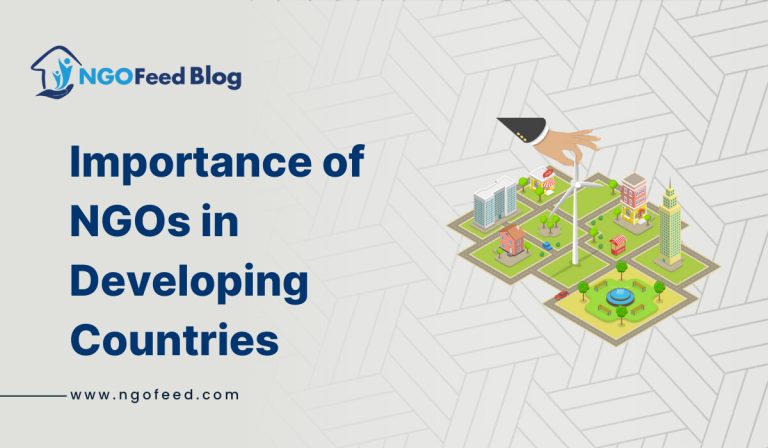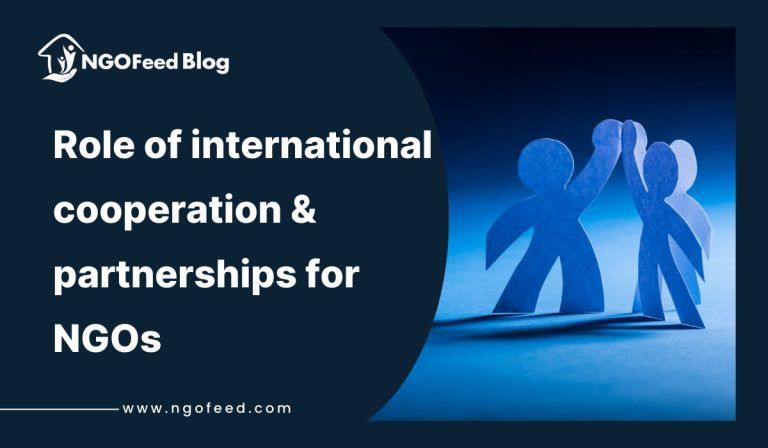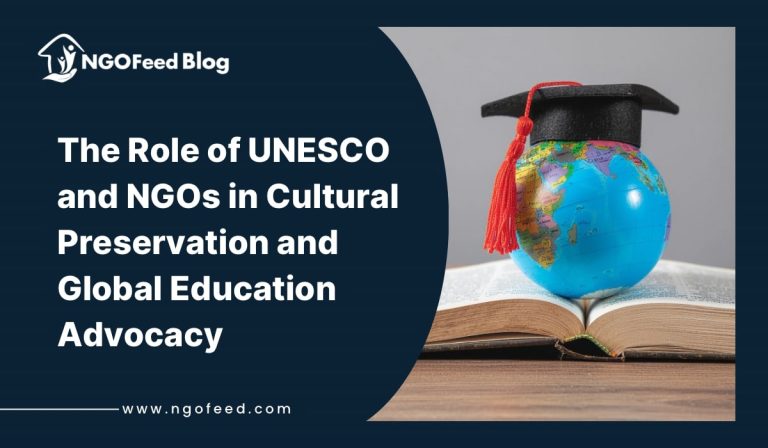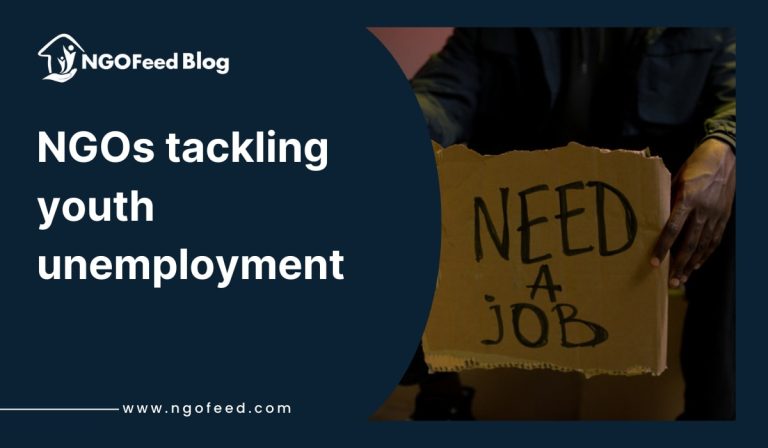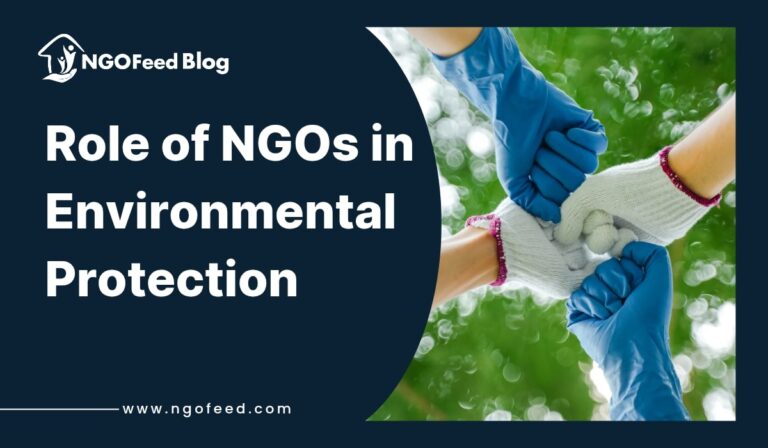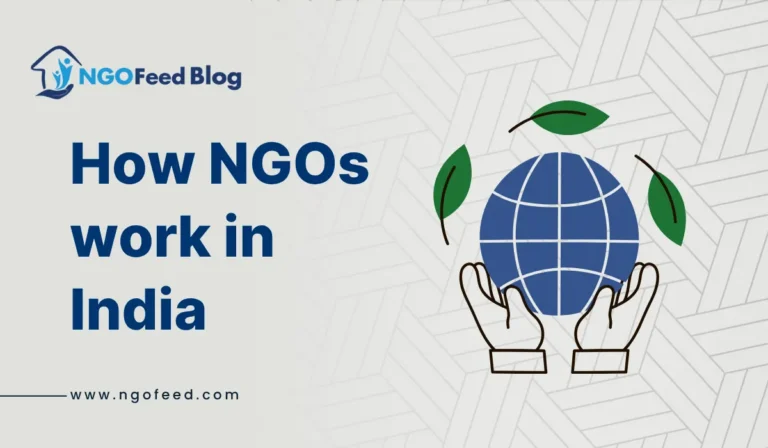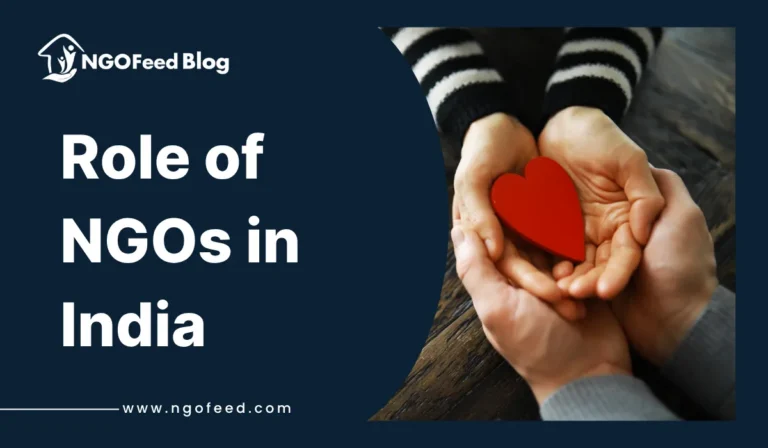Role of the World Bank in Poverty Alleviation: The World Bank is a key participant in the global poverty struggle, as it strives to provide opportunities, resilience, and inclusive development in developing countries. The mission of the World Bank, which was founded in 1944, has evolved since the bank began restructuring war-torn economies. It has now expanded to address the complex issues of poverty, inequality, and sustainable development. It has one purpose, which is not overly complicated but rather ambitious: to eradicate extreme poverty and promote mutual prosperity.
The World Bank assists nations to undertake projects that have a direct bearing on the lives of people, either by assistance through funds, technical advice and policy guidance, which can take the form of constructing schools, hospitals, as well as improving the availability of clean water, energy, and other livelihood. It is concerned with long-term and sustainable solutions, as opposed to short-term relief, so that investments would be reflected in quantifiable improvements.
To the NGOs and the civil society nonprofit organizations, the work of the World Bank provides a chance of collaboration and advocacy. Its poverty alleviation plans tend to overlap with the grassroots campaigns, such as women empowerment, development in the rural regions, health and education. Through participation in World Bank projects, NGOs in India would be able to make sure that the voices of the locals are heard in policy making and that the projects that are being developed are taken to the local communities that need them the most.
The place of the World Bank in reducing poverty in a more inequitable and warmer climate remains at the forefront, not just as a financial institution, but it also triggers collaborations among the nations of the globe, leading to inclusive, equitable, and sustainable growth.
Table of Contents
Understanding the World Bank and Its Mission
The World Bank is a global financial organisation that was founded in 1944, and the main aim of this organization is to lower poverty and to facilitate sustainable development in the low- and middle-income nations. The World Bank is different to other financial institutions that are keen on short-term economic stability to the extent that the bank is supposed to do long-term development projects that can enhance the quality of life of millions of people across the globe.
World Bank Mission Statement:
- NGOs in Poverty Reduction: Works to eliminate extreme poverty by assisting people who generate employment, boost earnings, as well as access to fundamental services.
- Shared Prosperity: Facilitates inclusive prosperity to minimize inequality and income distribution to all classes of the population.
- NGOs in Sustainable Development: It promotes projects which are environmentally friendly, socially integrated and economically viable in its long term.
Also Read: How NGOs Are Using Theatre for Gender Sensitisation in Rural Areas
Why the World Bank Matters – Role of the World Bank in Poverty Alleviation
- Funds offer technical know-how and policy support to countries in an attempt to create effective strategies for poverty reduction.
- Collaborates closely with governments, non-governmental organizations, and local communities to make sure the development projects meet the real needs and are accessible to the vulnerable populations.
- Sets the business of the world on the agenda of global development through best practice, research, and innovative solutions to economic and social problems.
In the case of NGOs, it is critical to comprehend the mission of the World Bank. It assists them in revealing areas where they can collaborate, promote neighbourhood-oriented policies and to make sure that development initiatives become equity-driven, sustainable and in the best interest of the marginalized communities.
How the World Bank Supports Poverty Alleviation
The World Bank is central in its contribution to assisting countries to alleviate poverty by providing financial support, technical know-how, and policies. Its strategy is based on long-term solutions that enable the communities, enhance living standards, and provide possibilities to achieve sustainable growth.
Major Means by which the World Bank helps in alleviating poverty:
- Investment in Development Projects: Loans and grants in areas of education, health, clean water, energy, and infrastructure, which have a direct positive impact on the living conditions of vulnerable groups.
- Technical Assistance and Policy Advice: Assists governments in designing sound poverty reduction policies, institutional empowerment, and reforms to promote economic growth and social inclusion.
- Supporting Livelihoods and Job Creation: Invests in NGOs’ skills development programs, entrepreneurship, and creating jobs to help communities become financially independent.
- Focus on Vulnerable Groups: Pursues development that focuses on women, children, rural groups and marginalized communities, as it is important to ensure that development benefits reach the most needy people.
Also Read: Understanding the Global Migration Crisis and the Role of NGOs in it
Why This Matters for NGOs:
- World Bank-funded programmes can also be used by NGOs to partner with each other in their community-based projects, to make sure that they are serving local needs.
- Knowledge on such initiatives assists NGOs in promoting equitable, inclusive, and sustainable policies, which can increase the impact of the development.
Through the integration of financial resources with long-term advice, the World Bank assists countries to create resilient economies and societies; thus, poverty reduction is a realistic and attainable target and not a dream.
Key Poverty Reduction Programs and Initiatives
There is a vast assortment of programs and initiatives that are set by the World Bank in an attempt to reduce the level of poverty and encourage inclusive development. These initiatives aim at meeting the short-run demands, as well as the long-run structural issues, such that the communities would be able to attain sustainable development.
Significant Programs and Initiatives:
- Education and Skill Development: Projects addressing the accessibility to quality education, vocational training, and literacy courses, to enable people to acquire the skills necessary to have improved employment opportunities.
- NGOs Health and Nutrition Programs: Programs that increase healthcare and maternal and child health service access, as well as nutrition programs, especially in underserved populations.
- Infrastructure and Rural Development: Investment in roads, electricity, water supply and sanitation, which allows the communities to have access to markets, services and economic growth opportunities.
- Social Protection and Poverty Alleviation Schemes: The programs that transfer cash, assist in NGO’s food security, and provide safety nets to those who are vulnerable to poverty diminish the immediate effects of poverty.
- Climate and Environmental Projects: Projects that will promote sustainable agriculture, green energy and resilient infrastructure against disasters that would not undermine environmental sustainability.
Also Read: Digital Inequality in Remote Education Access
The importance of these programs to NGOs is as follows:
- NGOs can collaborate with the World Bank to carry out projects at the grassroots level to make sure that the programs are delivered to the people who need them most.
- The perception of such initiatives enables NGOs to match advocacy and community efforts with more general developmental plans to increase effectiveness and sustainability.
The programmes of the World Bank offer a complex approach to changing the lives of millions of people across the world by targeting various aspects of poverty, such as economic, social and environmental dimensions.
Collaboration with NGOs and Civil Society
The World Bank understands that to have significant and sustainable poverty reduction, they have to partner with NGOs and civil society organizations. These partnerships play a role in making development projects inclusive, community-oriented oriented and responsive to community needs.
How the World Bank Co-operates with NGOs:
- Project Implementation: NGOs tend to be on the ground to implement projects which have been funded by the World Bank, whether it is the construction of schools and health centres or conducting livelihood programs.
- Community Engagement: NGOs assist in the collection of input by the local societies so that the developmental programs are relevant to the needs of the society and that underprivileged individuals are prioritised.
- Monitoring and Evaluation: The World Bank uses NGOs to monitor and evaluate the results of the projects and to enhance the performance of a program.
- Advocacy and Policy Support: NGOs can provide knowledge and experience to support World Bank policies to ensure fair and socially accountable development policies.
Also Read: Mental Health Issues in India and the NGOs’ Role
Why Collaboration Matters:
- Poverty alleviation programs have increased impact and reach because of partnerships.
- NGOs make sure that the development process is appropriate and responsive to social, cultural, and environmental conditions.
With the collaboration of the World Bank and civil society, resource mobilization, sharing of knowledge, and innovation can be initiated, and sustainable development can be realized at both the national and community levels.
To NGOs, working with the World Bank presents an opportunity to affect mass development programs, promote the needs of communities, in addition to enhancing their capacity to facilitate sustainable, inclusive development.
Also Read: What Is Climate Anxiety and How NGOs Can Respond
Frequently Asked Questions (FAQs)
1. What does the World Bank do in alleviating poverty?
The World Bank offers financial assistance, technical expertise and policy advice to enable the countries to set programs that curb poverty and inclusive development.
2. What is the effect of the World Bank in collaboration with NGOs?
In an effort to make certain development programs effective and inclusive, NGOs tend to join hands with the World Bank in endeavours to realise projects on the ground, engage the communities to monitor the outcomes and provide feedback.
3. What are some of the projects that are funded by the World Bank?
The World Bank invests in education, healthcare, infrastructure, social protection, climate resilience, and sustainable livelihoods to enhance living standards and eliminate inequality.
4. What does the World Bank do to make its programs accessible to vulnerable societies?
By engaging communities, associating with local non-governmental organizations, and targeting women, children, rural communities, as well as marginalized communities.
5. What is the importance of the World Bank to NGOs and civil society?
The knowledge and partnership with the World Bank will assist the NGOs in shaping development policies, representing local interests, and making sure that programs are sustainable, equitable, and effective.

